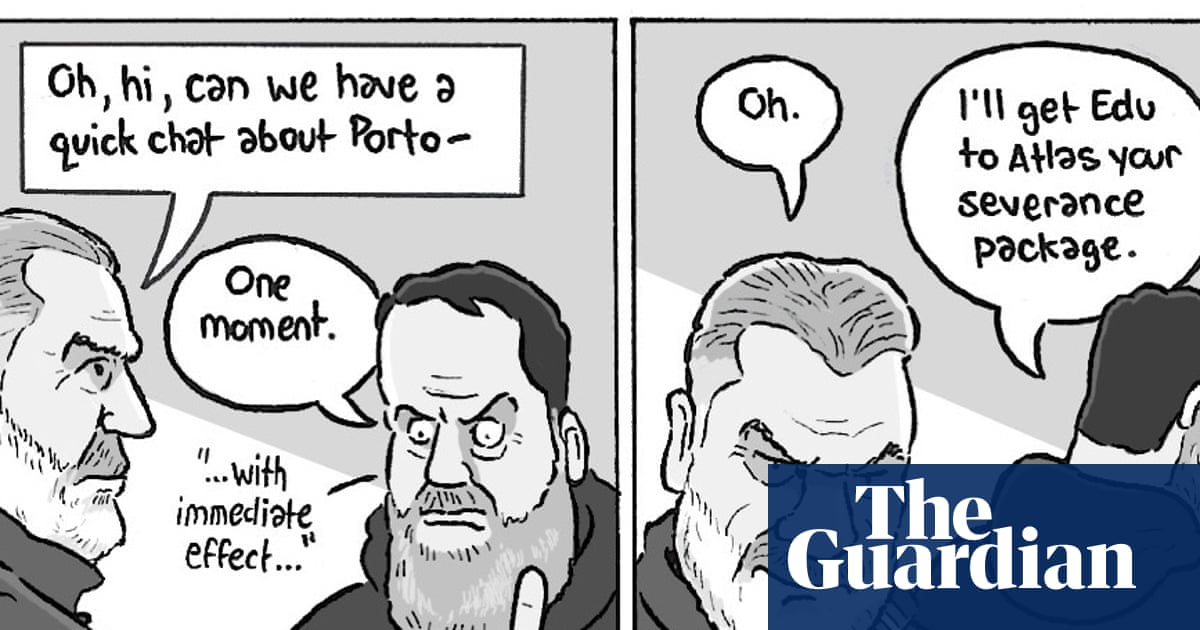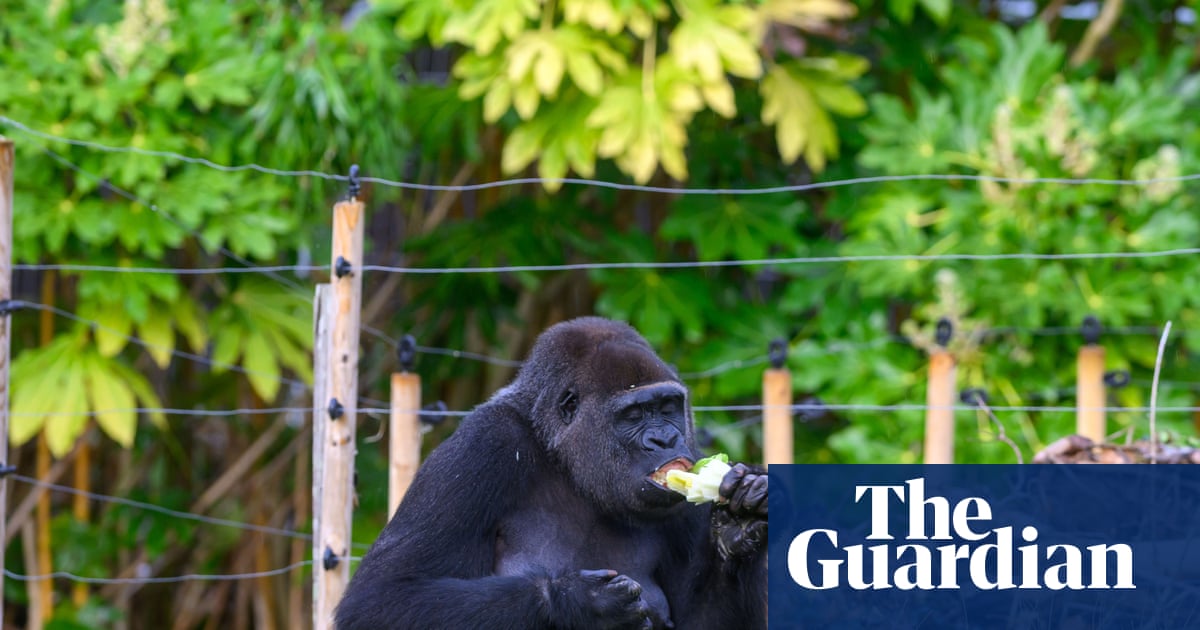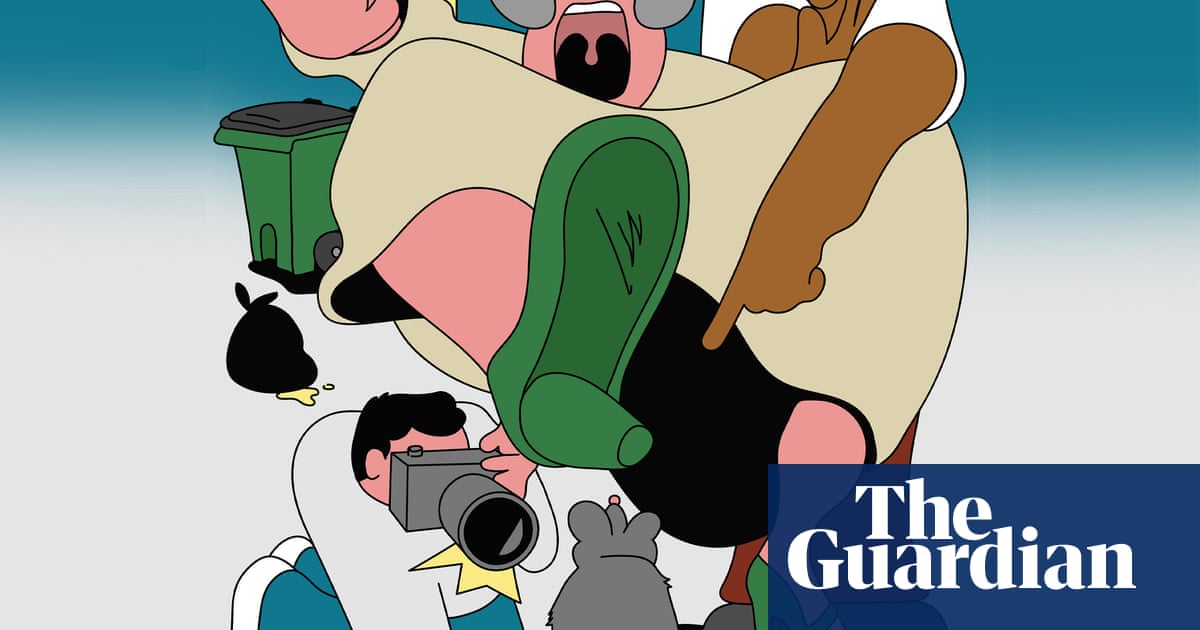When a new book is published by a writer dead for a decade, there is always some suspicion that the bottom of the barrel is being scraped. When the writer is Harper Lee, there is also the unpleasant aftertaste of the release of her second novel, 2015’s Go Set a Watchman, which was promoted as a sequel to To Kill a Mockingbird, when in fact it was a formless early draft. The publication was also surrounded by controversy over whether the aged Lee, by then seriously disabled, had really consented to its publication.
This new book, The Land of Sweet Forever, is a much more conventional enterprise: a collection of Lee’s unpublished short stories and previously uncollected essays. No deception is being practised here, and if people want to read the lesser scribblings of a favourite author, it is surely a victimless crime. However, like most such books, it has little to offer to those who aren’t diehard fans.
The short stories, written in Lee’s youth, are all badly underdeveloped. Most fail to work even as vignettes. One centres on trying to find a place to unload a truck in Manhattan; another on a temporary change to the way the doxology is sung in a Methodist church. A slender piece about the quirks of New York movie audiences is categorised as a story, but feels more like a newspaper sketch. The young Lee seems to have little sense of what a story is.
after newsletter promotion
On the positive side, there is already wit and charisma in the voice. One narrator, returning to her southern home town, recognises “a tall young man whose face belonged to the Wade family, but whose body showed extensive Talbert influence. He was Talbert Wade, of course.” This may be slight, but it’s elegantly done. There are also hints of iconoclastic anger struggling to get out, especially in The Water Tower, where a 12-year-old Mississippi girl erroneously thinks she is pregnant. Understanding that being an unwed mother would wreck the lives of her whole family, she decides the only way to save them is to destroy her shameful body. With another draft or two, this story could have been truly haunting. But the version we’ve been given is meandering and clumsy, and peters out inconsequentially. Perhaps the strongest story in the collection, The Cat’s Meow, deals with the Jim Crow-era mass incarceration of Black men. Here, the dialogue of the clueless white people is painfully convincing, but the narration keeps jarringly falling into the conventional chirpiness of mid-century women’s magazines.
If the stories are juvenilia, the essays are rote outings on subjects such as “Love is the most important thing”, “Reading matters” and “My happiest Christmas”. The essay on love includes such insights as “Man is on his way to Venus, but he still hasn’t learned to live with his wife … Man now has the power to destroy himself and his planet: depend upon it, he will – should he cease to love.” The overwhelming feeling with these is that Lee was nagged by a publicist or friend into writing something, and struggled to achieve the minimum word count. It’s initially exciting to notice an essay on Truman Capote, Lee’s close childhood friend. But this turns out to be a puff piece written for the Book of the Month Club newsletter, and consists of stuff like: “Kansans will spend the rest of their days at the tantalising game of discovering Truman; what Truman found in Kansans will make people everywhere discover themselves.”
If we regard this book as literature, it is an unqualified failure. But it’s more properly seen – and will surely be read – for the light it sheds on Lee’s life. As such, it’s obliquely fascinating, largely because it radiates repression. Often there’s a sense that we’re seeing the side of Harper Lee that wasn’t exceptional, but representative of a generation of women who were mostly muzzled. Again and again, the narration is choked off just when things begin to get challenging. The gender nonconformity of the protagonists – all thinly disguised versions of Lee – is often obvious but never explicitly mentioned. The conventionally cheery tone is almost a hostile presence, drowning out and censoring Lee’s real thoughts. Beneath the surface, we often feel the stubborn surging of the excluded. Lee writes in The Cat’s Meow: “I suppose a lot of people like me have mastered the first lesson of living at home these days: if you don’t agree with what you hear, place your tongue between your teeth and bite hard.” We feel those painfully gritted teeth on every page of this book. In a time of rising censorship, it’s salutary to be reminded that an author as important as Harper Lee came so close to being entirely silenced.

.png) 5 hours ago
6
5 hours ago
6

















































